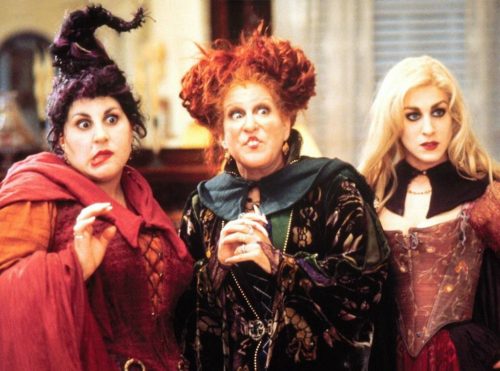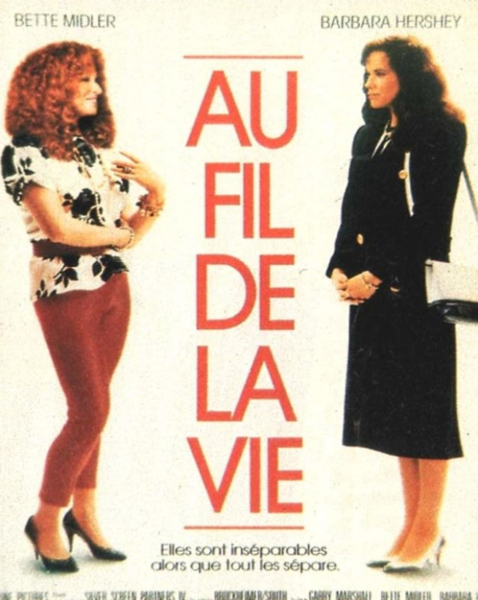The New York Times
Review: They’ve, Sob, Remade ‘Beaches’
By MIKE HALEJAN. 20, 2017
“Beaches,” directed by Garry Marshall and released three decades ago, was a curio even in its own time: a pastiche of 1950s tear-jerkers that was set, strangely and uncomfortably, in the 1970s and ’80s. Portraying the lifelong friendship of two women, one of whom dies too young — you could say that’s a spoiler, but it’s really the only thing the movie’s about — it was a shamelessly retrograde and literal-minded soap opera with a veneer of fake feminism. (Careers and single motherhood were fine as long as they involved constant suffering.) Depending on your susceptibilities, it could inspire cultish devotion or impel you to yell at the screen.
It was not, by any measure, a movie that needed to be remade. But here we are, 29 years later, with a new television version of “Beaches” on Lifetime on Saturday night. Idina Menzel has taken the Bette Midler role of C. C. Bloom, the brassy Jewish singer-actress (originally from the Bronx, now from Venice Beach), and Nia Long succeeds Barbara Hershey as Hillary Whitney, who originally was a WASP-princess lawyer.
The Lifetime “Beaches” is a reduction of the original — smaller emotions, smaller performances, fewer songs, shorter running time (about 87 minutes versus 123) — and while that could have been an improvement, it’s not. The things that made the original worth sitting through, whether you were love-watching or hate-watching, are mostly gone. Stuffing the story into 70 percent of the time makes C. C. and Hillary’s cycle of fights and reconciliations feel more arbitrary than ever, especially in the absence of Ms. Midler, whose vivid portrayal of C. C. provided motivations that weren’t in the script.
The new things in the Lifetime film, written by Bart Baker and Nicole Beckwith (based on a novel by Iris Rainer Dart) and directed by Allison Anders, add nothing to the story. Casting Ms. Long, who’s black, would seem to add diversity, but so much of the (admittedly clichéd) Bronx-Jewish and California blue-blood flavors have been stripped away from C. C. and Hillary that the characters feel more indistinguishable than they did before. Some of the film’s precious time is devoted to a new character, Hillary’s lawyer father, so that when he dies, she can make a statement about black men and the justice system.
Meanwhile, you watch it noting the things that are missing, even those that made you cringe. No more Ms. Midler singing “Under the Boardwalk.” No more Mayim Bialik as the frighteningly confident 11-year-old C. C., belting out “The Glory of Love.” No more John Heard supplying a touch of grace as the theater director whom both C. C. and Hillary love. No more “That’s my robe.”
There is one improvement: Ms. Menzel sings “Wind Beneath My Wings” a half-hour sooner than Ms. Midler did. Just in case that’s what you’re waiting around for.












